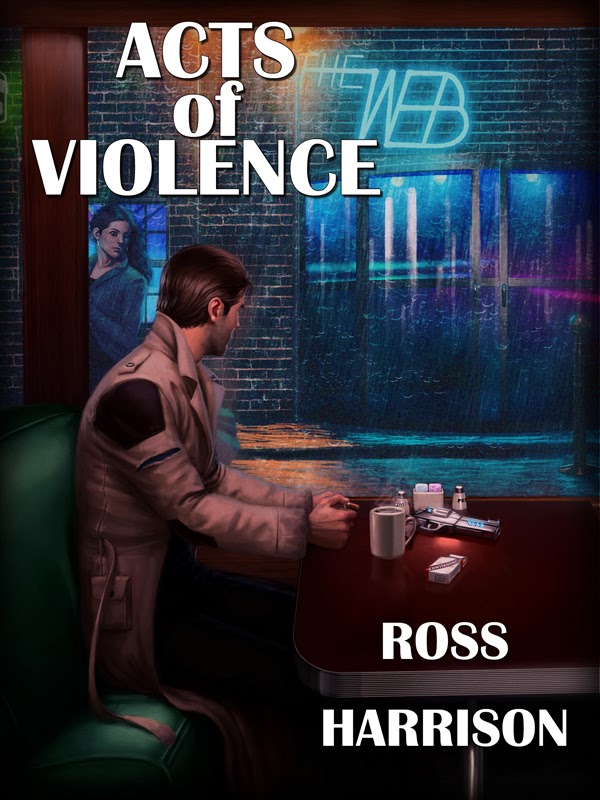But how many of these readers are actual teens, and how many are grown-ups in age but youngsters at heart? I, for one, find myself reading far more books for kids than books for adults (though despite the office job and car payments, whether I count as an adult is debatable). It's hard to know. And while e-books are a force to be reckoned with, do kids actually read them? Or are all those Kindle downloads of Divergent coming from older readers?
 |
I could speculate all I want, but I'd have no way of knowing whether my interpolations and extrapolations and prognostications meant anything. So instead, I asked my high school insider (my teenaged sister) for a report from the ground. Here's what she observed about teens and books:
- Teens prefer physical books. Reading as a hobby is almost retro at this point, and teens are all about appearances. So if a teen is going to read, she wants to be seen with her tome. Also, these teens value the experience of curling up with a cup of coffee and turning paper pages. Again, because it's a kind of retro oasis from the blinking and beeping of the modern world.
- E-readers are only owned by the most hardcore of teen bookworms. This is the rare sub-species who devour story after story for their own sake, not to keep up with what everyone else is talking about. These hardcore readers may prefer paper books for the feel and such, but e-readers are more practical because of limited space and budgets. Also, e-readers are expensive, and most teens can't afford to buy one, so only the most hardcore of readers beg their parents for a birthday or Christmas Kindle.
- Teens don't read on their phones. Very rarely, they'll read on an iPad. But there are too many distractions on such things.
- Not many teens read books in the first place. Sad, but true. They read plenty of words on their smartphones, but, excluding communications and social media, these are usually in the form of Buzzfeed lists, trashy guilty-pleasure fan fic, and short articles
- Teens are busy. Between schoolwork and the million overachiever extracurriculars they throw themselves into, they just don't have time to devote hours to reading books. Even if they wanted to, they're so spent that when they do have spare time, they want something brainless - like TV.
- Teens are poor. Most don't have credit cards, and they consider themselves too old to still drag their parents to shops to buy them things (other than necessities). So they spend what little cash they have (from allowance or small-time jobs) on clothes, snacks, movie tickets, and video games rather than books.
- Teens see reading as work. This is because schools assign so many textbook chapters and hefty classics to analyze that books are associated with drudgery. So when they take a break from homework, the last thing they want is more work in the form of a book.
- Most teens want to read books they've heard of. And they want to read what everyone else is reading. Teens will often read a book just to see what all the hype is about - and so they can talk about it with their friends. Since teens read so few books in the first place, most won't read a book they haven't heard of.
- Hardcore readers want to read books they haven't heard of. This subset of teens have a hipster mentality: they want to read things before they're cool and look down on mainstream stuff.
This is probably the most unscientific study of all time, since it's the observations of one teen at one high school, but I thought it was interesting. What do you think?









.jpg)

